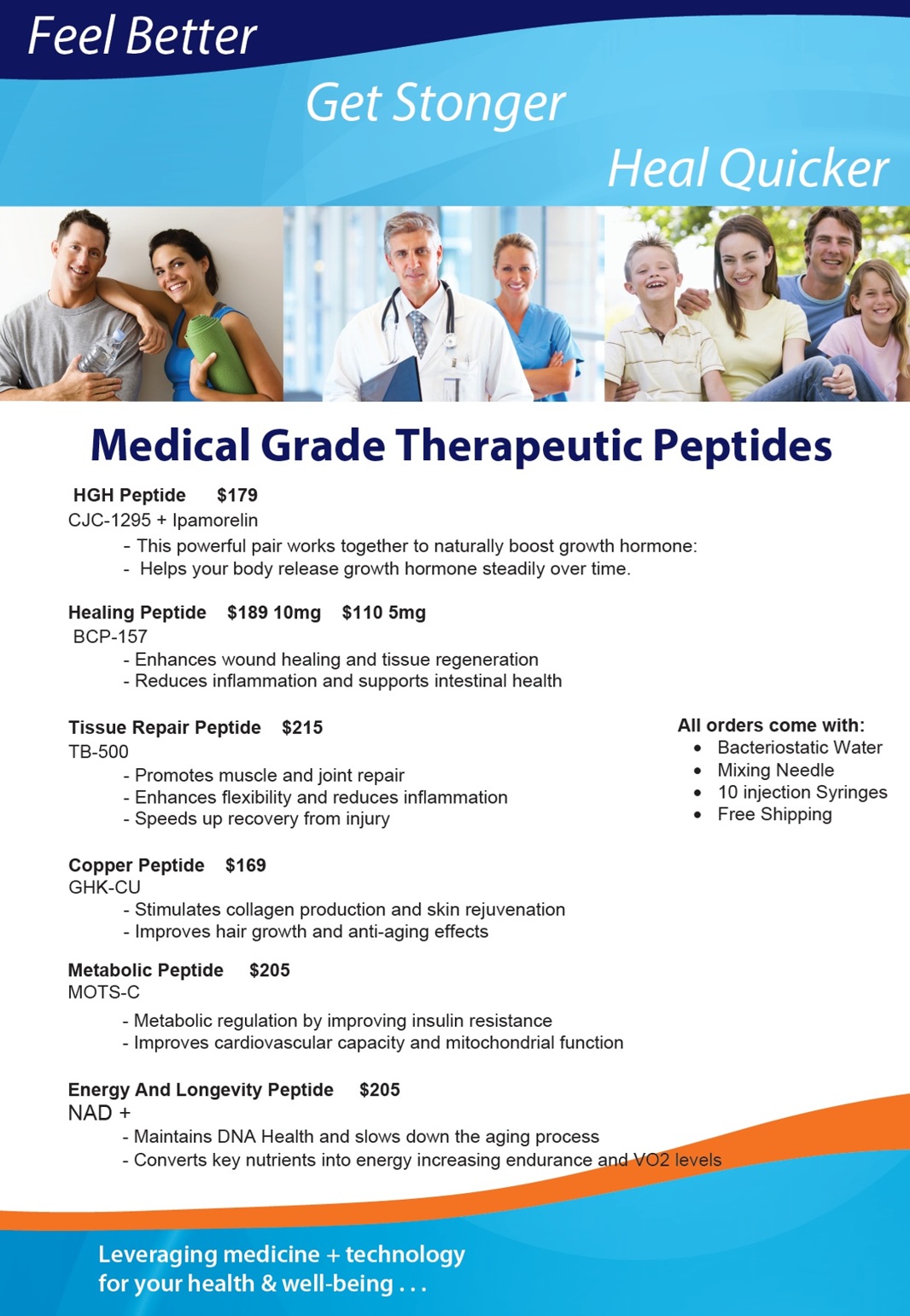Therapeutic Peptides: An Introduction
 Therapeutic peptides are a unique class of pharmaceutical agents composed of a series of well-ordered amino acids. Research into therapeutic peptides started with fundamental studies of natural human hormones, including insulin, oxytocin, vasopressin, and gonadotropin-releasing hormone (GnRH), and their specific physiological activities in the human body. The development of peptide drugs has thus become one of the hottest topics in pharmaceutical research.
Therapeutic peptides are a unique class of pharmaceutical agents composed of a series of well-ordered amino acids. Research into therapeutic peptides started with fundamental studies of natural human hormones, including insulin, oxytocin, vasopressin, and gonadotropin-releasing hormone (GnRH), and their specific physiological activities in the human body. The development of peptide drugs has thus become one of the hottest topics in pharmaceutical research.
Peptide drug development entered a new era with the advent of the 21st century, since the advances in structural biology, recombinant biologics, and new synthetic and analytic technologies have significantly accelerated the process. A sophisticated system of peptide drug development has been established, including peptide drug discovery, drug design, peptide synthesis, structural modification, and activity evaluation.
Current Applications And Future Directions
Therapeutic Peptide drug development has made great progress in the last decade thanks to new production, modification, and analytic technologies. Peptides have been produced and modified using both chemical and biological methods, together with novel design and delivery strategies. A wide variety of natural and modified peptides have been obtained and studied, covering multiple therapeutic areas.
Peptides can often play vital roles in the human body as hormones, growth factors, neurotransmitters, ion channel ligands, and anti-infectives. Generally, peptides are effective and selective signaling molecules that bind to specific cell surface receptors, triggering intracellular effects. Additionally, in clinical trials, peptides have shown exceptional safety and tolerability in study subjects, while maintaining high selectivity and potency as well as predictable metabolism. Consequently, peptides clearly present an enormous area of opportunity for therapeutic development.
Advantages
 Therapeutic peptides commonly act as hormones, growth factors, neurotransmitters, ion channel ligands, or anti-infective agents. They bind to cell surface receptors and trigger intracellular effects with high affinity and specificity, with a similar mode of action to biologics, including therapeutic proteins and antibodies.
Therapeutic peptides commonly act as hormones, growth factors, neurotransmitters, ion channel ligands, or anti-infective agents. They bind to cell surface receptors and trigger intracellular effects with high affinity and specificity, with a similar mode of action to biologics, including therapeutic proteins and antibodies.
Small molecule drugs are known to have an extended therapeutic history with inherent advantages, including low production costs and sale prices, and good membrane penetration ability. There are very few side effects to Peptides which puts them on the cutting edge of health care technology; both in their implications and treatment potential.
Ordering Therapeutic Peptides Online
If you are interested in ordering Therapeutic Peptides, please review the types of Peptides and their prices below, then fill out the online form below that and hit submit. Our office staff will reach out to you to confirm your order once we receive your paperwork.

Peptide Stacks (Combination of peptides)
1. The Wolverine Stack
a. TB-500 / BCP-157
2. The Power Stack
a. CJC – Ipamorelis / BCP-517 (5mg) / NAD+
3. The Glow Stack
a. GHK-CU / BCP / 157 (5mg)
4. The Shred Stack
